Home>Articles>Why Does My Toilet Smell Like Urine Even After I Clean It
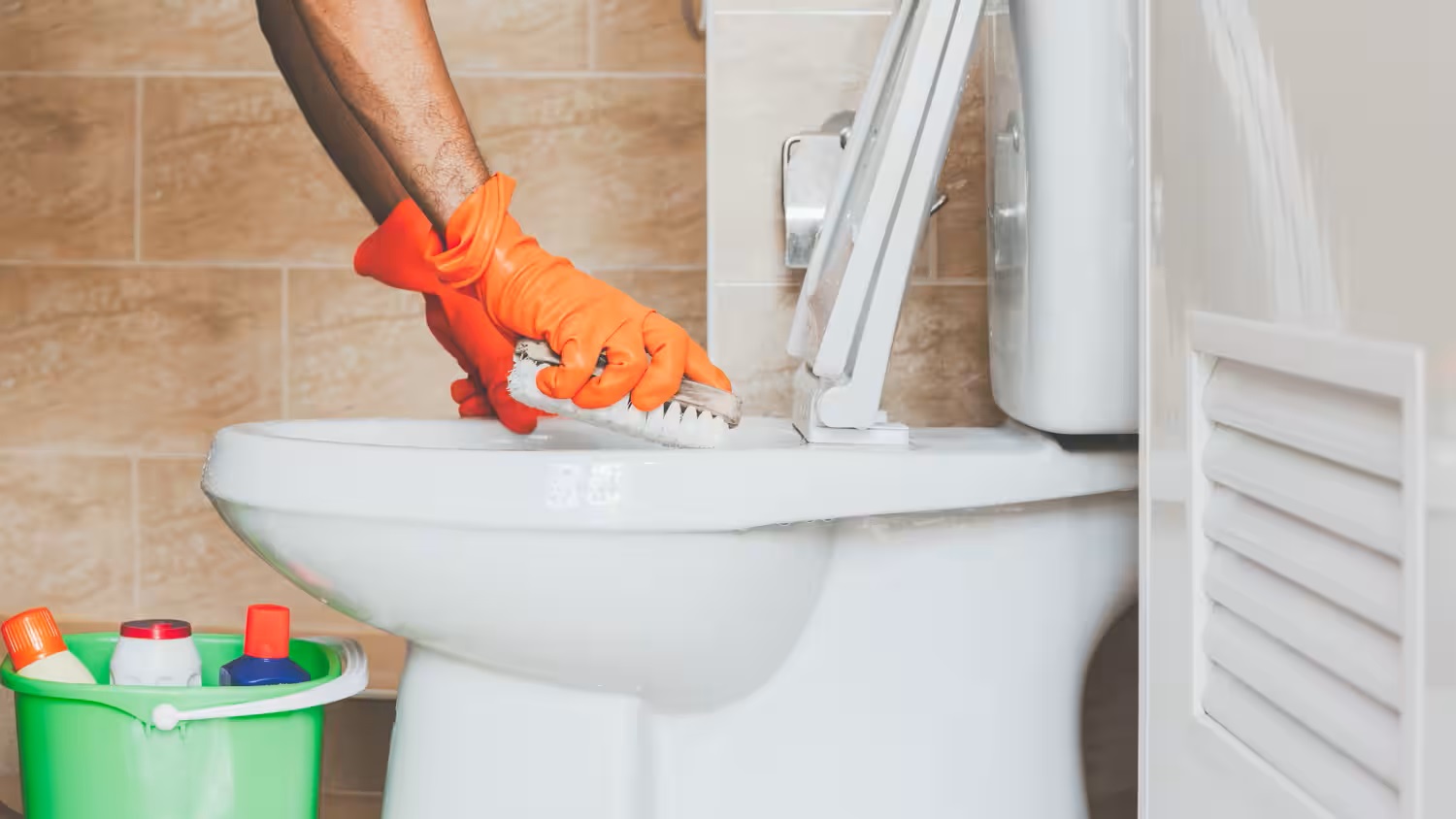

Articles
Why Does My Toilet Smell Like Urine Even After I Clean It
Modified: January 23, 2024
Discover why your toilet continues to smell like urine, even after thorough cleaning, in this informative article. Learn the causes and effective solutions.
(Many of the links in this article redirect to a specific reviewed product. Your purchase of these products through affiliate links helps to generate commission for Storables.com, at no extra cost. Learn more)
Introduction
There’s nothing more unpleasant than walking into your bathroom and being greeted by a strong odor of urine. You may wonder why your toilet continues to smell like urine, even after you’ve just cleaned it. This can be frustrating and embarrassing, especially if you have guests coming over. Fortunately, there are several common causes for this issue, and understanding them can help you address the problem effectively.
Urine odor in toilets can be caused by various factors, including inadequate cleaning techniques, mineral buildup, leaky wax rings, improper ventilation, and the use of harsh cleaning products. Addressing these causes and implementing a few remedies can eliminate the unpleasant smell and leave your bathroom fresh and odor-free.
In this article, we will delve into the common causes of urine odor in toilets and provide you with practical solutions to tackle this issue. By following the tips and suggestions outlined in this article, you can ensure that your toilet smells fresh and clean, improving the overall hygiene of your bathroom.
Key Takeaways:
- Say goodbye to unpleasant urine odors in your toilet by adopting proper cleaning techniques, addressing mineral buildup, and ensuring proper ventilation. Keep your bathroom fresh and inviting with these effective remedies and maintenance tips.
- Don’t let urine odor linger in your toilet any longer. Take proactive measures, including regular cleaning, addressing leaks, and seeking professional plumbing inspections, to maintain a clean, fresh-smelling, and hygienic bathroom environment.
Read more: Why Does My Carpet Smell After Cleaning
Common Causes of Urine Odor in Toilets
When your toilet smells like urine, there are several potential causes behind this unpleasant odor. Understanding these common causes can help you identify the source of the problem and take appropriate measures to eliminate it. Let’s take a closer look at each of these causes:
- Inadequate Cleaning Techniques: One of the primary reasons for urine odor in toilets is inadequate cleaning techniques. Simply wiping the surface of the toilet bowl may not be enough to remove all traces of urine. Urine can accumulate under the rim, in the trap, or on the toilet seat. Ensure that you thoroughly clean all areas of the toilet, including the hard-to-reach spots, to remove any lingering urine residue.
- Buildup of Mineral Deposits: Over time, minerals from hard water can accumulate in the toilet bowl, creating a breeding ground for bacteria that produce foul odors. This mineral buildup can trap urine and make it difficult to remove completely. Regular cleaning using appropriate cleaning agents can help prevent mineral deposits and keep your toilet odor-free.
- Leaky Wax Ring: The wax ring beneath your toilet is designed to create a watertight seal. However, if the ring becomes damaged or worn out, it can lead to leaks. Urine can seep into the floor or subfloor, causing a persistent urine odor. If you suspect a leaky wax ring, it’s important to have it replaced promptly to eliminate the odor and prevent further damage.
- Improper Ventilation: Proper ventilation is crucial for maintaining a fresh-smelling bathroom. When there is inadequate airflow, urine odor can linger in the bathroom, particularly in enclosed spaces. Ensure that your bathroom is well-ventilated, either through the use of windows, exhaust fans, or air purifiers, to eliminate any lingering odors.
- Use of Harsh Cleaning Products: While it may be tempting to use strong chemical cleaners to tackle urine odor, they can actually do more harm than good. Harsh cleaning products can damage the toilet surface, pipes, and seals, leading to potential leaks and further odors. Opt for mild and eco-friendly cleaning products or natural alternatives like vinegar and baking soda to effectively remove urine odor without causing any damage.
By addressing these common causes of urine odor in toilets, you can take proactive steps to eliminate the unpleasant smell and maintain a fresh and hygienic bathroom environment. In the following sections, we will explore some effective remedies and maintenance tips to help you combat urine odor in your toilet.
Inadequate Cleaning Techniques
One of the primary causes of urine odor in toilets is inadequate cleaning techniques. Simply wiping the surface of the toilet bowl may not be enough to remove all traces of urine. To effectively eliminate urine odor, it’s important to adopt proper cleaning practices. Here are some tips to ensure that you thoroughly clean your toilet:
- Use the Right Cleaning Products: Choose a cleaning product specifically designed for toilets. Look for one that has antibacterial properties and can effectively break down urine residue. Read the label instructions carefully and follow them to achieve optimal results without damaging the toilet’s surface or components.
- Apply the Cleaning Product Liberally: Apply the cleaning product generously, focusing on areas that are prone to urine accumulation, such as under the rim and inside the trap. Use a toilet brush to scrub the entire bowl, including the sides and the bottom. This will ensure that all traces of urine are removed.
- Let the Cleaning Product Sit: Allow the cleaning product to sit for a few minutes to effectively break down any stubborn urine stains or odors. This will give the product enough time to penetrate and loosen the urine residue, making it easier to clean.
- Scrub Thoroughly: Use a toilet brush with firm bristles to scrub the interior of the bowl. Pay extra attention to areas where urine may be trapped, such as under the rim and around the water openings. Scrubbing vigorously will help dislodge any residue and ensure a thorough cleaning.
- Clean the Exterior: Don’t forget to clean the exterior of the toilet as well. Wipe down the tank, handle, and seat with a mild cleaning solution and a clean cloth. This will further eliminate any lingering odor and maintain the overall cleanliness of the toilet.
- Flush and Rinse: After scrubbing the bowl, flush the toilet to remove the cleaning product and any loosened residue. Repeat the process if necessary until the water runs clear. Finally, rinse the toilet brush and clean it to prevent any cross-contamination or odor buildup.
Regular and thorough cleaning using these techniques will help remove urine odor and keep your toilet smelling fresh and clean. In addition to cleaning, it’s essential to address other potential causes of urine odor, such as mineral deposits, leaky wax rings, improper ventilation, and the use of harsh cleaning products. By taking a comprehensive approach, you can ensure that your toilet remains odor-free and hygienic.
Buildup of Mineral Deposits
Another common cause of urine odor in toilets is the buildup of mineral deposits. When your water supply contains minerals like calcium and magnesium, it can lead to the formation of a hard, crusty layer inside the toilet bowl. This mineral buildup can trap urine and create an environment for bacteria to thrive, resulting in unpleasant odors. Here’s how you can address mineral deposits and eliminate urine odor:
- Use Vinegar: Vinegar is a natural, acidic cleaner that can effectively dissolve mineral deposits. Pour a generous amount of vinegar into the toilet bowl, making sure to cover the areas affected by mineral buildup. Let it sit for a few hours or overnight to allow the vinegar to break down the deposits.
- Scrub with a Toilet Brush: After the vinegar has had time to work, use a toilet brush to scrub the bowl, focusing on areas with mineral deposits. The acidic properties of the vinegar combined with the scrubbing action will help remove the crusty buildup and eliminate the odor. Rinse the bowl thoroughly afterwards.
- Consider a Commercial Descaling Product: If the mineral buildup is severe, you may need a stronger solution. Look for descaling products specifically designed for toilets. Follow the instructions on the packaging to safely and effectively remove the mineral deposits.
- Prevent Future Buildup: To minimize the chances of mineral deposits accumulating in your toilet bowl, consider installing a water softener or a water conditioner. These devices can help reduce the mineral content in your water supply, preventing buildup and prolonging the cleanliness of your toilet.
- Regular Maintenance: It’s important to regularly clean your toilet to prevent mineral deposits from building up. Incorporate a cleaning routine into your household chores, ensuring that you address not only visible stains but also areas prone to mineral accumulation, such as under the rim and inside the trap.
By taking these measures, you can effectively tackle the issue of mineral deposits, eliminate urine odor, and keep your toilet clean and fresh-smelling. It’s crucial to address other potential causes of urine odor as well, such as inadequate cleaning techniques, leaky wax rings, improper ventilation, and the use of harsh cleaning products. By adopting a comprehensive approach, you can ensure that your toilet remains odor-free and hygienic.
Leaky Wax Ring
If you’ve noticed a persistent urine odor in your toilet, even after thorough cleaning, the culprit may be a leaky wax ring. The wax ring is a crucial component located between the base of the toilet and the sewer pipe. Its purpose is to create a watertight seal, preventing any leaks or odors from escaping. However, over time, the wax ring can wear out, crack, or become damaged, leading to leaks and unpleasant odors. Here’s what you can do to address a leaky wax ring:
- Inspect for Leaks: One of the initial steps is to confirm whether the wax ring is indeed the source of the urine odor. Check for any visible signs of leaks, such as water stains or damage around the base of the toilet, or wetness on the floor. Also, pay attention to any foul odors coming from beneath the toilet.
- Replace the Wax Ring: If you suspect a leaky wax ring, it’s crucial to replace it promptly. To do so, you’ll need to remove the toilet. Start by turning off the water supply to the toilet and flushing it to empty the tank and bowl. Disconnect the water supply line, unscrew the bolts securing the toilet to the floor, and carefully lift the toilet off the wax ring.
- Remove the Old Wax Ring: Use a putty knife or scraper to remove the old wax ring and any residue from the flange, which is the opening on the floor that connects to the sewer pipe. Ensure that the flange is clean and free from any debris or buildup.
- Install the New Wax Ring: Place a new wax ring onto the flange, ensuring that it is centered and properly aligned with the sewer pipe opening. Carefully lower the toilet back onto the wax ring, making sure that the bolts align with the corresponding holes on the flange. Gently press down on the toilet to create a secure seal.
- Tighten and Reconnect: Securely tighten the bolts, but avoid over-tightening as it could crack the toilet. Reconnect the water supply line and turn on the water. Finally, flush the toilet a few times to check for any leaks. If necessary, adjust the wax ring or tighten the bolts further.
Replacing a leaky wax ring is a relatively straightforward process. However, if you’re unsure or uncomfortable with DIY plumbing tasks, it’s always recommended to seek the assistance of a professional plumber. They have the expertise to ensure the proper installation of a new wax ring, eliminating urine odor and preventing any further damage to your toilet and bathroom floor.
Don’t forget to address other potential causes of urine odor as well, such as inadequate cleaning techniques, mineral buildup, improper ventilation, and the use of harsh cleaning products. By addressing all these factors, you can maintain a clean, hygienic, and odor-free toilet.
Read more: Why Does Toilet Smell Like Sewer
Improper Ventilation
Improper ventilation in your bathroom can contribute to the persistence of urine odor in your toilet. When there isn’t enough airflow, odors can get trapped, creating an unpleasant environment. Inadequate ventilation can be caused by various factors, such as a lack of windows, malfunctioning exhaust fans, or blocked air vents. Here’s how you can address improper ventilation to eliminate urine odor in your toilet:
- Ensure Sufficient Airflow: Start by assessing the current airflow in your bathroom. Check if there is proper ventilation, such as windows that can be opened to let fresh air circulate. If you don’t have windows or they are insufficient for ventilation, consider other means of increasing airflow.
- Install an Exhaust Fan: If you don’t have an exhaust fan, consider installing one to improve ventilation. An exhaust fan helps remove excess moisture and odors from the bathroom. Make sure the fan is properly sized for your bathroom and functioning correctly.
- Clean the Exhaust Fan: If you already have an exhaust fan, ensure that it is clean and free from any debris or dust that may be obstructing airflow. Regularly clean the fan and its filter to maintain optimal performance.
- Check Air Vents: Ensure that air vents, if present in your bathroom, are clear and not blocked by furniture or other objects. Blocked vents can hinder proper airflow and contribute to the persistence of urine odor.
- Utilize Air Fresheners: To temporarily mask any lingering odors, consider using air fresheners or natural alternatives like scented candles, diffusers, or potpourri. However, keep in mind that air fresheners only provide a temporary solution and should not be relied upon as the primary method of eliminating urine odor.
- Maintain Proper Hygiene: In addition to improving ventilation, maintaining proper hygiene in your bathroom is essential. Regularly clean your toilet, including the bowl, seat, and surrounding areas, to prevent the buildup of any lingering odor-causing bacteria. Adequate cleaning and maintenance will help keep your bathroom smelling fresh.
Improving ventilation in your bathroom is important not only for eliminating urine odor in your toilet but also for overall air quality and moisture control. Adequate airflow can prevent the growth of mold and mildew, creating a healthier and more pleasant bathroom environment.
Remember to address other potential causes of urine odor as well, such as inadequate cleaning techniques, mineral buildup, leaky wax rings, and the use of harsh cleaning products. By taking a comprehensive approach, you can ensure that your toilet remains odor-free and your bathroom is fresh and inviting.
To prevent urine odor in the toilet, regularly clean the toilet bowl and the area around the base with a mixture of baking soda and vinegar. This will help neutralize the odor and keep the toilet smelling fresh.
Use of Harsh Cleaning Products
Using harsh cleaning products in your toilet may seem like a quick and effective way to eliminate urine odor, but it can actually contribute to the problem. Harsh chemicals can damage the toilet’s surface, pipes, and seals, leading to potential leaks and further odors. Additionally, the strong chemical smell can linger in the bathroom, overpowering any attempts to freshen the air. Here’s what you can do to address the issue of harsh cleaning products and eliminate urine odor:
- Switch to Milder Alternatives: Instead of using harsh chemicals, opt for milder cleaning products that are still effective in eliminating urine odors. Look for eco-friendly cleaners or natural alternatives like vinegar and baking soda. These options are gentle on the toilet’s surfaces while still providing effective cleaning.
- Vinegar and Baking Soda: Vinegar and baking soda are fantastic natural cleaning agents that can eliminate urine odors and inhibit the growth of bacteria. Mix vinegar and baking soda to create a paste, and apply it to the inside of the toilet bowl. Let it sit for a few minutes, then scrub with a toilet brush and flush. This natural remedy will leave your toilet smelling fresh.
- Consider Enzymatic Cleaners: Enzymatic cleaners are specially formulated to break down organic matter and eliminate odors. They are effective in cutting through urine stains and preventing the growth of odor-causing bacteria. Look for enzymatic cleaners specifically designed for toilets and follow the instructions on the packaging.
- Avoid Bleach and Ammonia: While bleach and ammonia can effectively disinfect and sanitize, they are strong chemicals that can damage the toilet’s surfaces and emit harsh fumes. Avoid using these products, especially in combination, to prevent any adverse effects on your toilet and your health.
- Follow Proper Dilution Guidelines: If you do choose to use a chemical cleaner, make sure to follow the instructions and dilution guidelines on the packaging. Using too much of the product can lead to the accumulation of residue, which can contribute to odor and damage over time.
- Ventilate the Bathroom: Proper ventilation is key to minimizing the lingering odor of harsh cleaning products. Open windows, turn on exhaust fans, and use air fresheners to help dissipate any strong chemical smells. Ensuring adequate airflow will contribute to a fresher and more pleasant bathroom environment.
By using milder cleaning products or natural alternatives, you can effectively eliminate urine odor without damaging your toilet or compromising your health. Remember to address other potential causes of urine odor, such as improper cleaning techniques, mineral buildup, leaky wax rings, and inadequate ventilation. By adopting a comprehensive approach, you can ensure that your toilet remains odor-free, while prioritizing the cleanliness and well-being of your bathroom space.
Remedy for Urine Odor in Toilets
Dealing with urine odor in your toilets can be unpleasant and frustrating, but there are effective remedies to eliminate the odor and keep your bathroom smelling fresh. By addressing the common causes of urine odor and implementing the following remedies, you can ensure a clean and odor-free toilet:
- Thorough Cleaning: Adopt proper cleaning techniques to ensure all traces of urine are removed. Use a toilet-specific cleaning product or natural alternatives like vinegar and baking soda to break down urine residue and eliminate odors. Scrub the entire toilet bowl, including hard-to-reach areas like under the rim, with a toilet brush.
- Address Mineral Buildup: If your toilet has mineral deposits, use vinegar or a commercial descaling product to dissolve the buildup. Scrub the bowl thoroughly to remove the deposits and eliminate odor-causing bacteria. Consider installing a water softener or conditioner to prevent future buildup.
- Replace a Leaky Wax Ring: If you suspect a leaky wax ring is causing urine odor, promptly replace it. Remove the toilet, clean the area, and install a new wax ring to create a watertight seal. Verify that there are no leaks after reinstallation.
- Improve Ventilation: Ensure proper ventilation in your bathroom by installing or cleaning exhaust fans, opening windows, or utilizing air purifiers. Adequate airflow helps eliminate odors and prevent their accumulation.
- Switch to Mild Cleaning Products: Avoid using harsh chemicals that can damage your toilet and emit strong fumes. Opt for milder alternatives like eco-friendly cleaners, vinegar, or baking soda to effectively clean and eliminate odors.
- Regular Cleaning and Maintenance: Establish a regular cleaning routine to prevent urine odor from becoming a recurring issue. Clean the toilet thoroughly, including the bowl, seat, and surrounding areas, using appropriate cleaning techniques and products.
- Professional Plumbing Inspection: If the urine odor persists even after trying remedies, it may be beneficial to have a professional plumber inspect your toilet and plumbing system. They can help identify any underlying issues or potential leaks that may be causing the odor.
By implementing these remedies, you can effectively combat urine odor in your toilet and maintain a fresh and hygienic bathroom environment. Remember to address all potential causes of urine odor, such as inadequate cleaning techniques, mineral buildup, leaky wax rings, improper ventilation, and the use of harsh cleaning products. With proper care and maintenance, your toilet can remain odor-free, providing a clean and inviting space for you and your family.
Regular Cleaning and Maintenance Tips
Regular cleaning and maintenance of your toilet are essential to keep it odor-free and hygienic. By following these tips and incorporating them into your cleaning routine, you can ensure that your toilet remains fresh and clean:
- Clean the Toilet Bowl: Regularly clean the toilet bowl using a toilet-specific cleaner or natural alternatives like vinegar and baking soda. Thoroughly scrub the inside of the bowl, including under the rim and inside the trap, with a toilet brush.
- Address Mineral Buildup: To prevent mineral buildup, use vinegar or a commercial descaling product regularly to dissolve and remove deposits. Scrub the bowl to ensure a thorough clean and minimize the growth of odor-causing bacteria.
- Wipe Down the Toilet Seat and Exterior: Regularly wipe down the toilet seat and the exterior surfaces using a mild cleaning solution and a clean cloth. This will remove any residue, prevent the buildup of bacteria, and keep the toilet looking clean and presentable.
- Clean the Toilet Tank: Occasionally, clean the toilet tank as it can accumulate mineral deposits and bacteria growth. Follow the manufacturer’s instructions to safely clean and maintain the tank, ensuring it remains free from odors and potential issues.
- Check and Maintain Seals: Inspect the wax ring, gaskets, and other seals periodically for signs of damage or wear. If you notice any issues, such as leaks or odors, promptly replace the necessary seals to ensure a proper seal and prevent further problems.
- Keep the Area Surrounding the Toilet Clean: Regularly clean and mop the floor around the toilet to remove any spills, drips, or buildup. This will help prevent odors and maintain a clean and hygienic environment in your bathroom.
- Avoid Flushing Non-Biodegradable Items: Remind everyone in your household to avoid flushing non-biodegradable items down the toilet. This includes items like wipes, feminine products, and paper towels, as they can contribute to clogs, unpleasant odors, and potential plumbing issues.
- Regularly Empty and Clean the Trash Bin: Empty and clean the trash bin in your bathroom regularly. This will prevent any unpleasant odors from permeating the air and keep the bathroom smelling fresh.
By incorporating these regular cleaning and maintenance tips into your routine, you can ensure that your toilet remains odor-free and in excellent condition. Additionally, be mindful of the products you use and avoid harsh chemicals that can damage the toilet’s surfaces or emit strong fumes. Remember to address any potential issues promptly and seek professional assistance if needed to maintain the optimal functioning of your toilet.
Read more: Why Does My Bathtub Smell Like Sewage
Importance of Professional Plumbing Inspection
While regular cleaning and maintenance can help prevent many issues with your toilet, there are certain problems that may require the expertise of a professional plumber. That’s where a professional plumbing inspection becomes invaluable. Here are some key reasons why a professional plumbing inspection is important:
- Identifying Hidden Leaks: Even a small, unnoticed leak in your toilet or water supply line can lead to persistent urine odors. A professional plumber can conduct a thorough inspection to identify any hidden leaks that may be contributing to the problem. This includes assessing the condition of the wax ring, seals, and pipes, and detecting any leaks that may be occurring behind walls or beneath the floor.
- Pinpointing Potential Issues: A professional plumber has the knowledge and experience to identify potential plumbing issues that may go unnoticed by the average homeowner. They can detect signs of corrosion, blockages, or other damage that could be causing urine odors or compromising the functionality of your toilet.
- Ensuring Proper Drainage: If your toilet is not draining properly or if you notice slow flushing, it may be a sign of a clogged or partially blocked drain. A professional plumber can determine the cause of the drainage issue and recommend the appropriate solution, such as drain cleaning or repairs, to ensure your toilet functions optimally without any lingering odors.
- Preventing Further Damage: By conducting a professional plumbing inspection, potential problems can be identified and addressed in their early stages. This helps prevent further damage to your toilet, plumbing system, and even your bathroom structure. Taking proactive measures can save you from costly repairs down the line.
- Expert Advice and Recommendations: A professional plumber can provide valuable advice and recommendations on how to optimize the performance and hygiene of your toilet. They may suggest upgrades or maintenance tips that can help prevent future urine odors and ensure the long-term functionality of your toilet.
- Prompt and Efficient Solutions: With their expertise and specialized tools, professional plumbers can efficiently diagnose and resolve any plumbing issues contributing to urine odors. They have access to industry-standard equipment and materials necessary to fix the problem effectively, saving you time, effort, and frustration.
By investing in a professional plumbing inspection, you can have peace of mind knowing that your toilet and plumbing system are in good working order. This helps eliminate urine odors, maintain a clean and hygienic bathroom, and ensures the longevity of your plumbing system. Regular plumbing inspections are especially important if you have an older home or if you notice persistent urine odors despite your best efforts to address them on your own.
Remember, prevention is key, and early detection of plumbing issues can save you from costly repairs and further inconvenience. Consider scheduling a professional plumbing inspection periodically to ensure the optimal functioning of your toilet and overall plumbing system.
Conclusion
Dealing with urine odor in your toilet can be an unpleasant and frustrating experience. However, by understanding the common causes and implementing the remedies and tips outlined in this article, you can effectively eliminate the odor and maintain a fresh and clean bathroom environment.
Inadequate cleaning techniques, mineral buildup, leaky wax rings, improper ventilation, and the use of harsh cleaning products are commonly responsible for urine odor in toilets. By adopting proper cleaning practices, using milder cleaning products, addressing mineral deposits, improving ventilation, and ensuring a watertight seal, you can tackle the underlying causes and eliminate the unpleasant odor.
Additionally, incorporating regular cleaning and maintenance tips into your routine, such as thorough cleaning, addressing mineral buildup, checking and maintaining seals, and keeping the area surrounding the toilet clean, is crucial to prevent urine odor from recurring.
However, in some cases, a professional plumbing inspection may be necessary to identify hidden leaks, pinpoint potential issues, ensure proper drainage, prevent further damage, and receive expert advice and recommendations. Their expertise and specialized tools can provide prompt and efficient solutions to eliminate urine odor and maintain the functionality of your toilet.
Remember, prevention and early detection are key to avoiding more significant problems and costly repairs. By taking proactive measures and staying proactive in your toilet maintenance, you can enjoy a clean, fresh-smelling, and hygienic bathroom for you and your family.
So, don’t let urine odor linger in your toilet any longer. Take action, implement these remedies and tips, and say goodbye to unpleasant odors in your bathroom. With a little effort and regular maintenance, you can enjoy a welcoming and odor-free toilet.
Frequently Asked Questions about Why Does My Toilet Smell Like Urine Even After I Clean It
Was this page helpful?
At Storables.com, we guarantee accurate and reliable information. Our content, validated by Expert Board Contributors, is crafted following stringent Editorial Policies. We're committed to providing you with well-researched, expert-backed insights for all your informational needs.
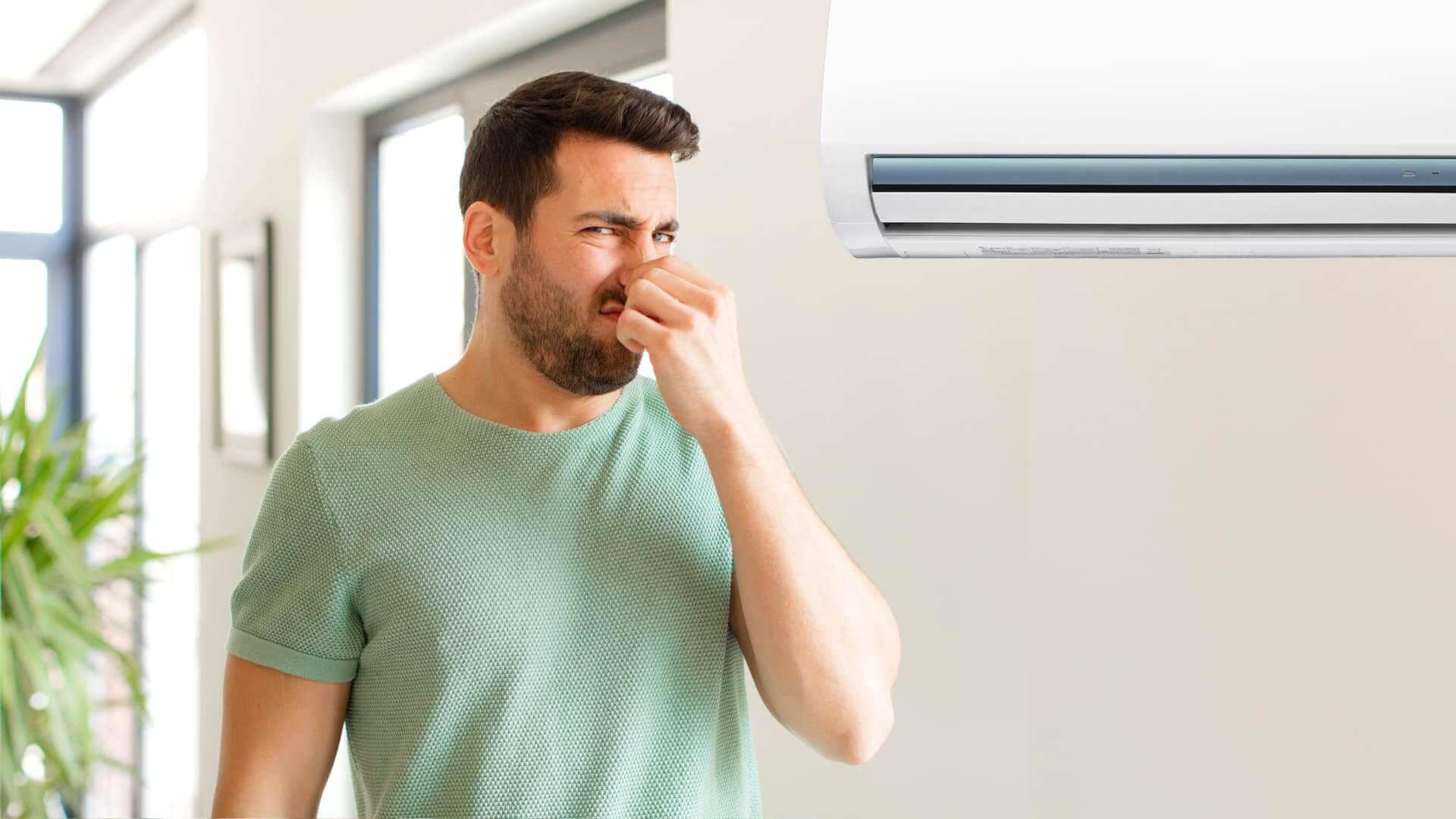
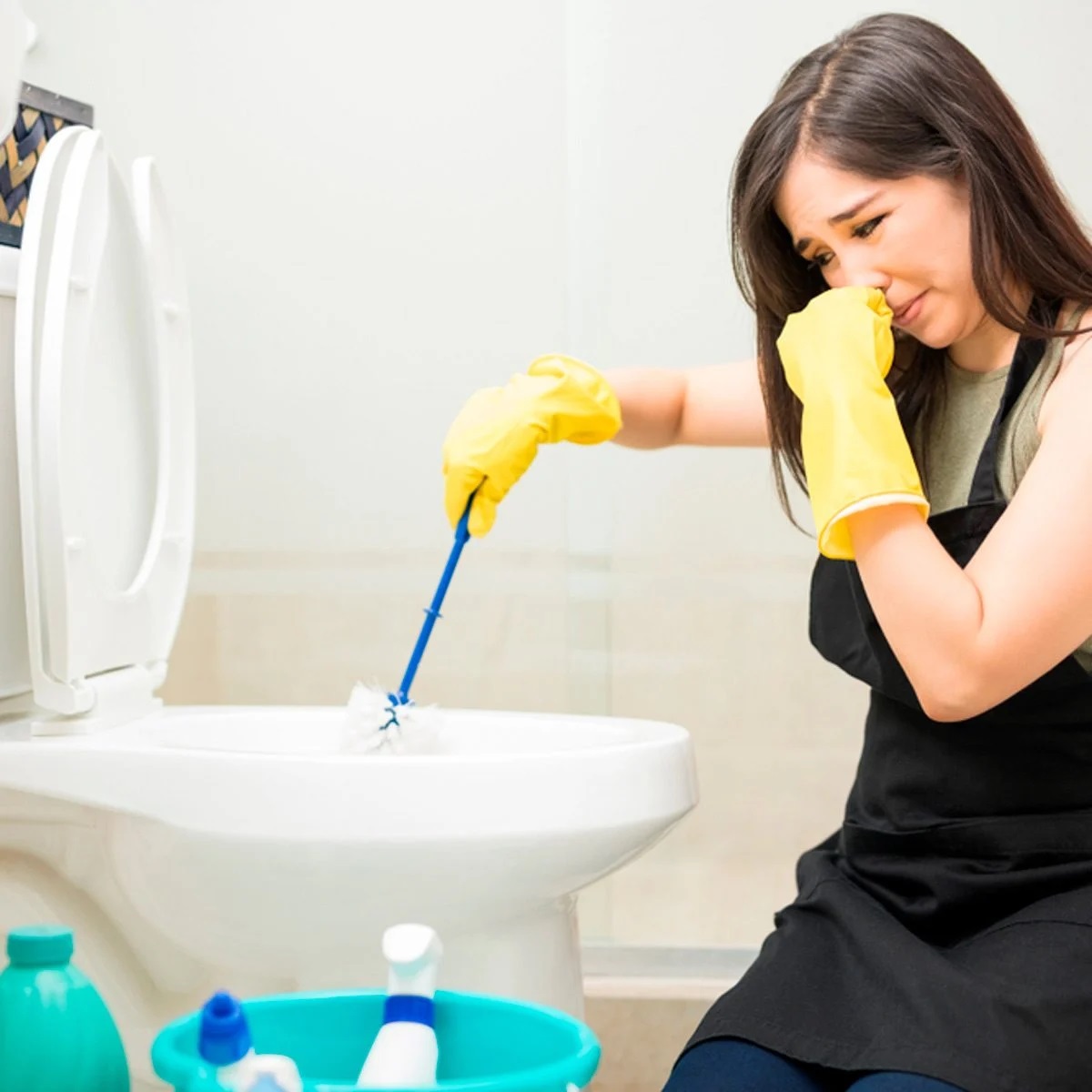
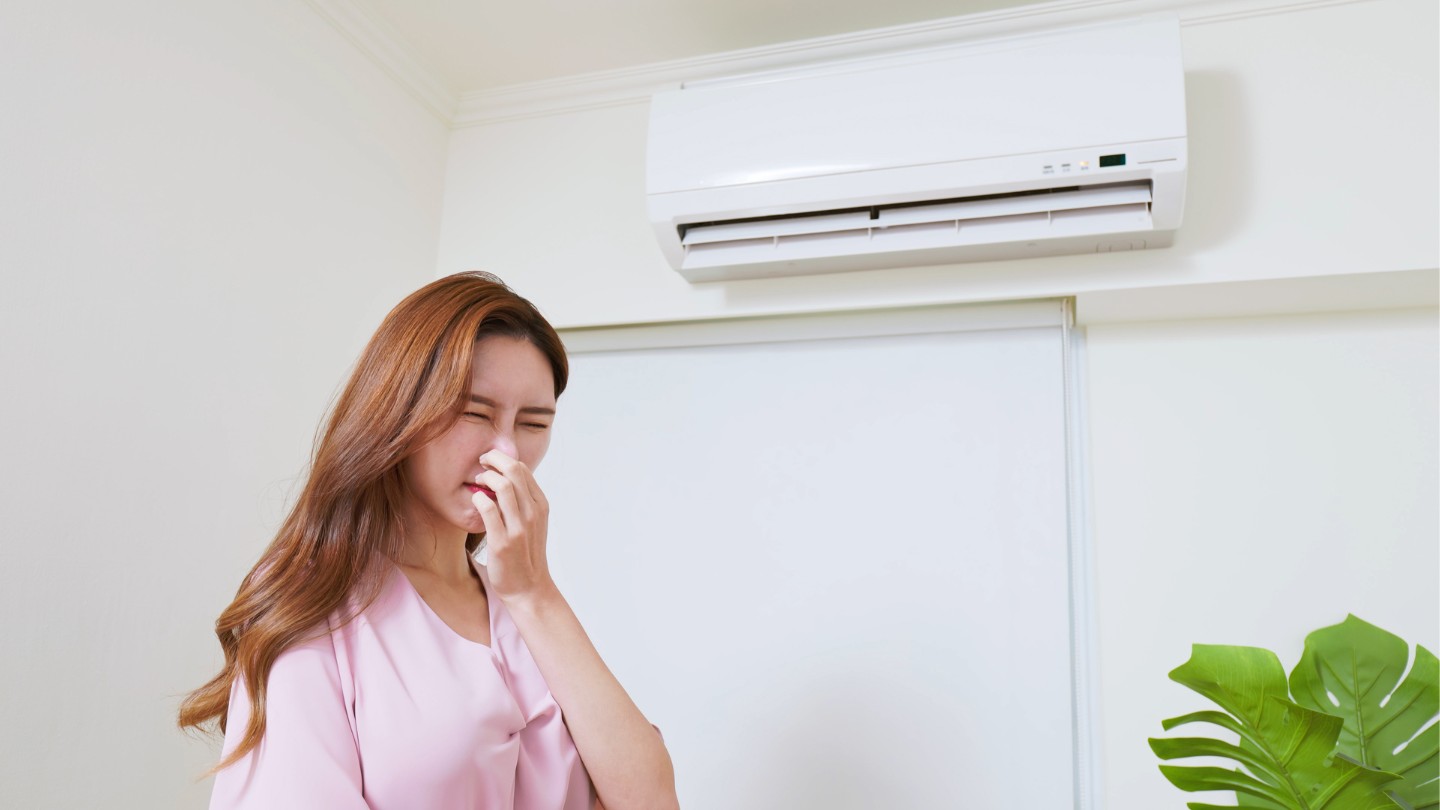
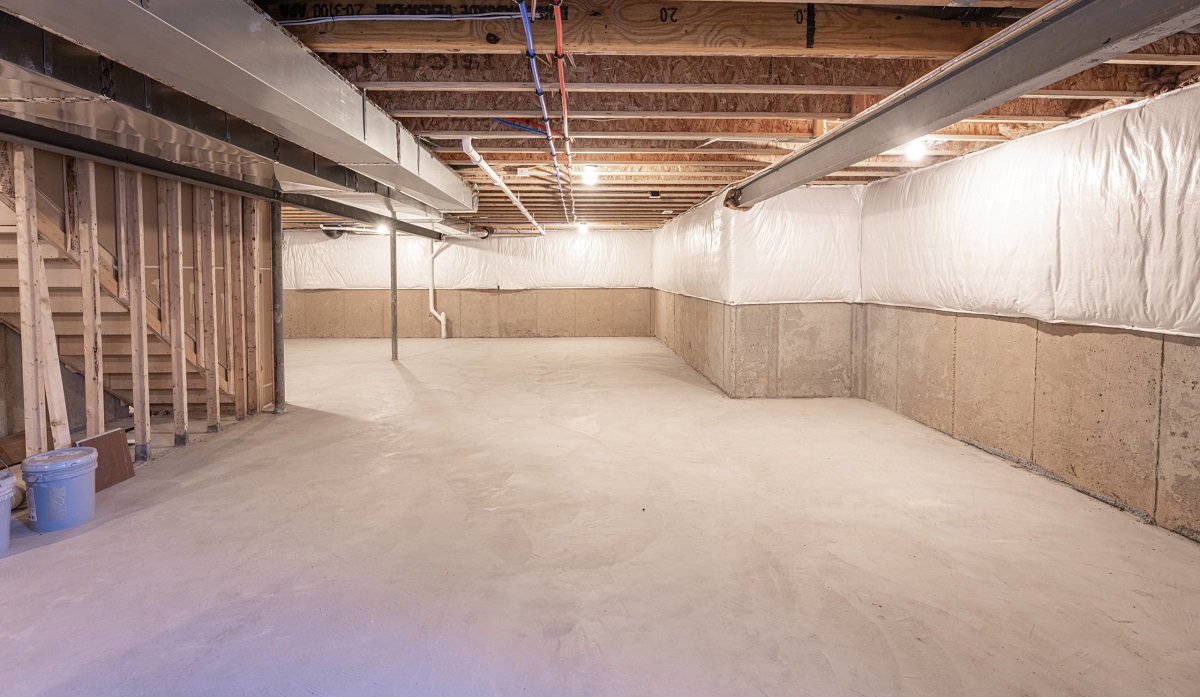
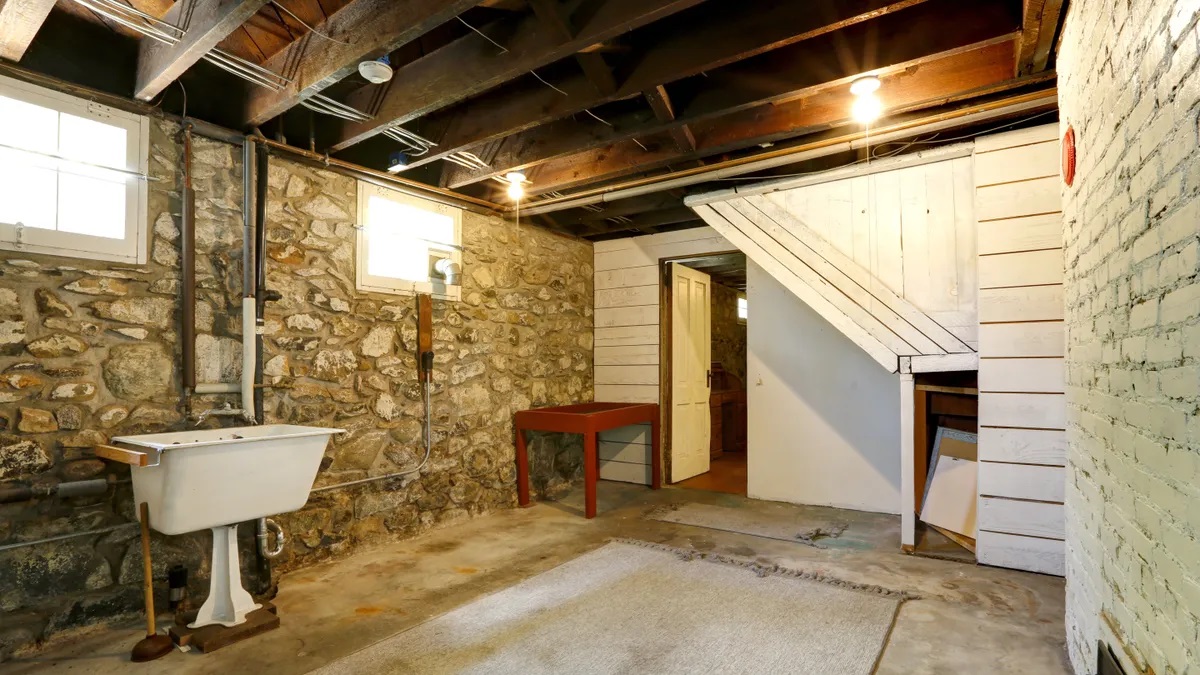
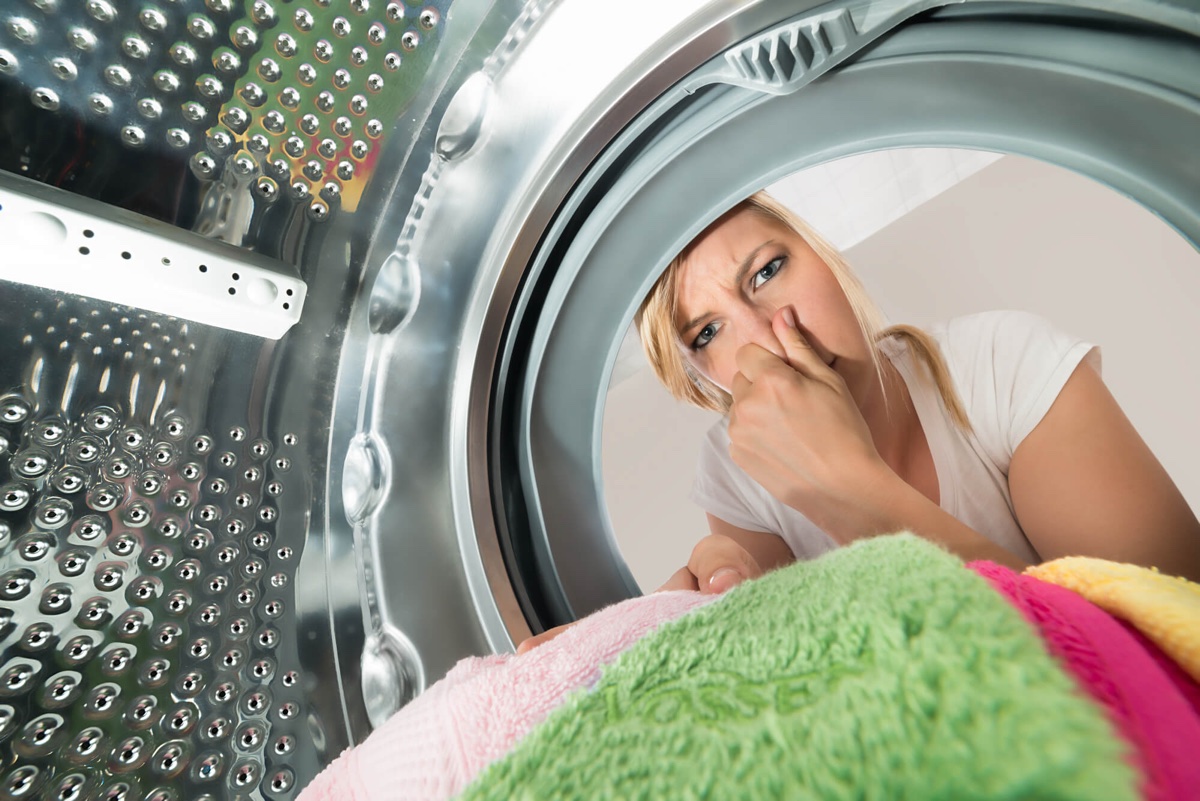
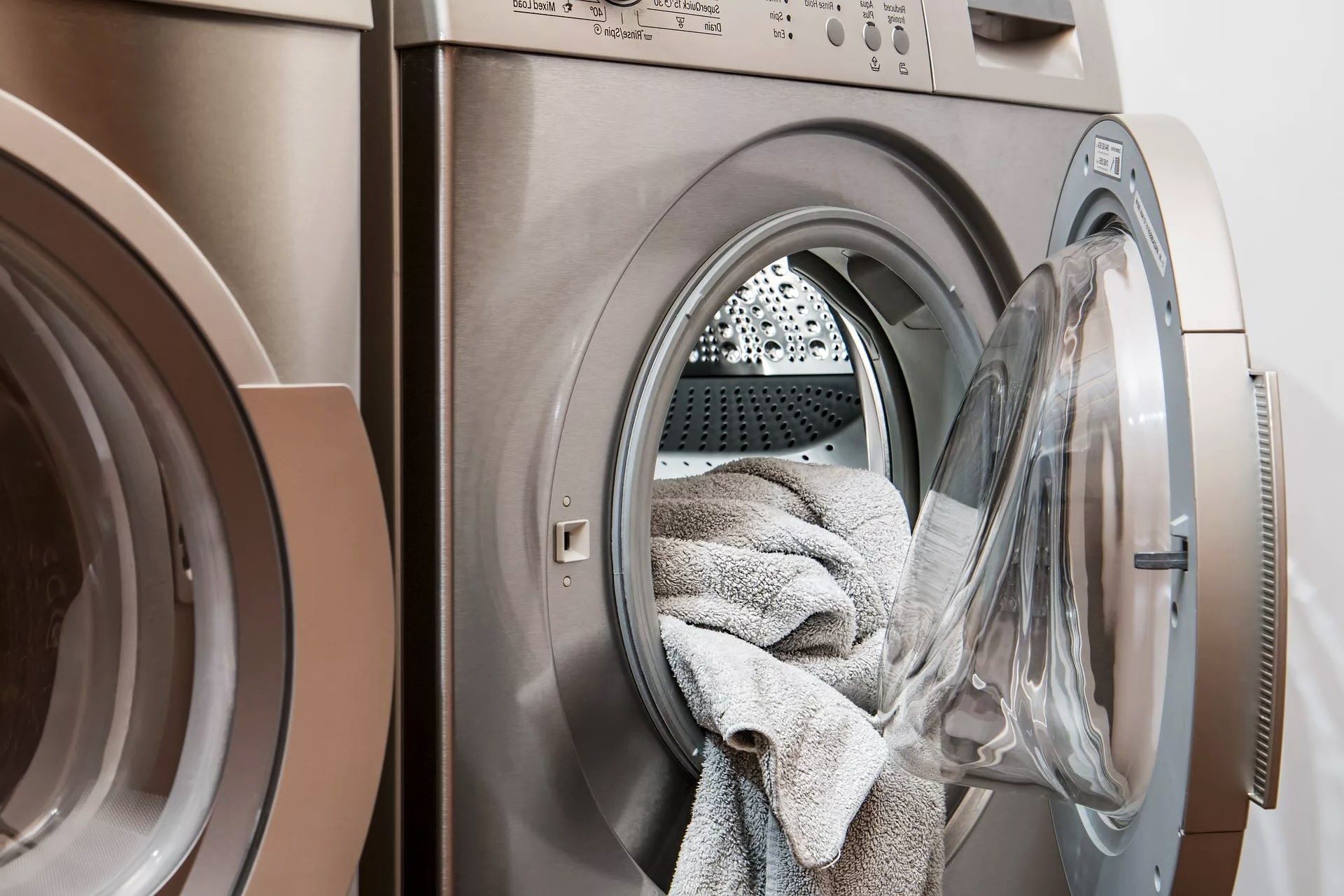



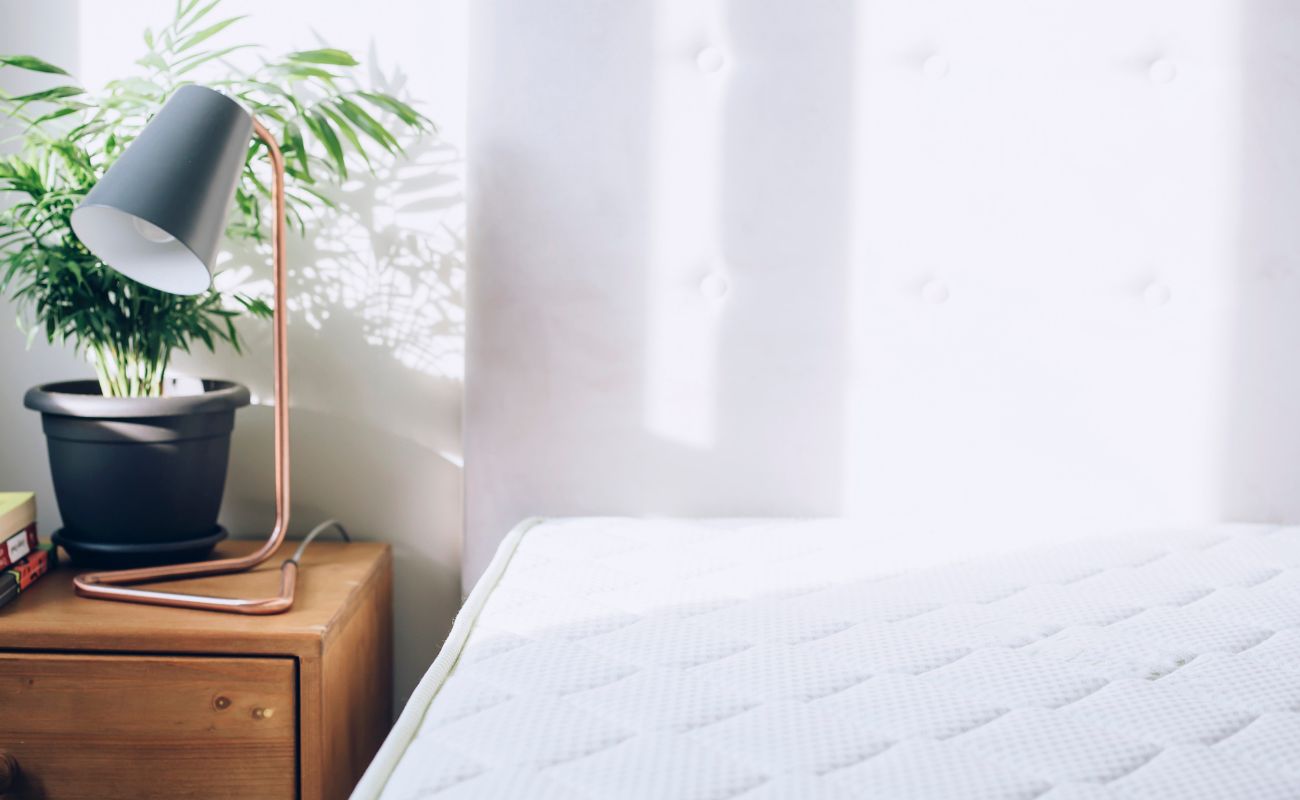
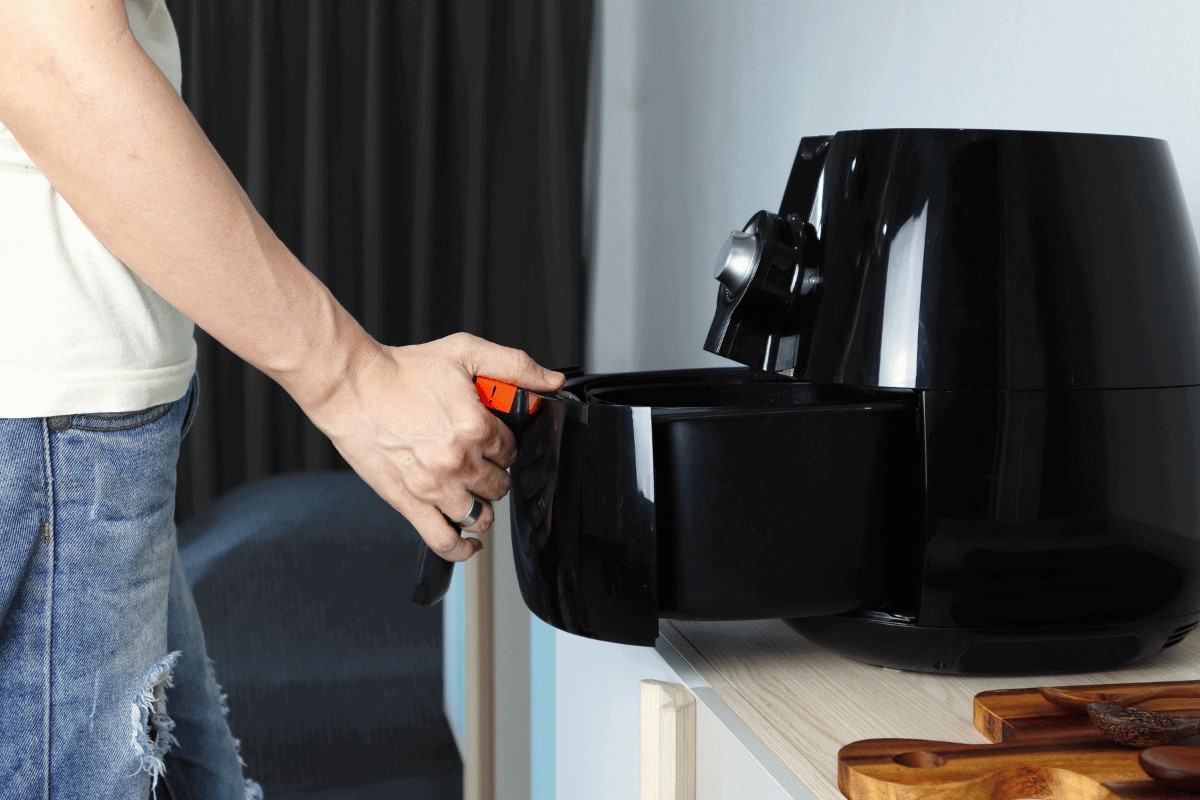
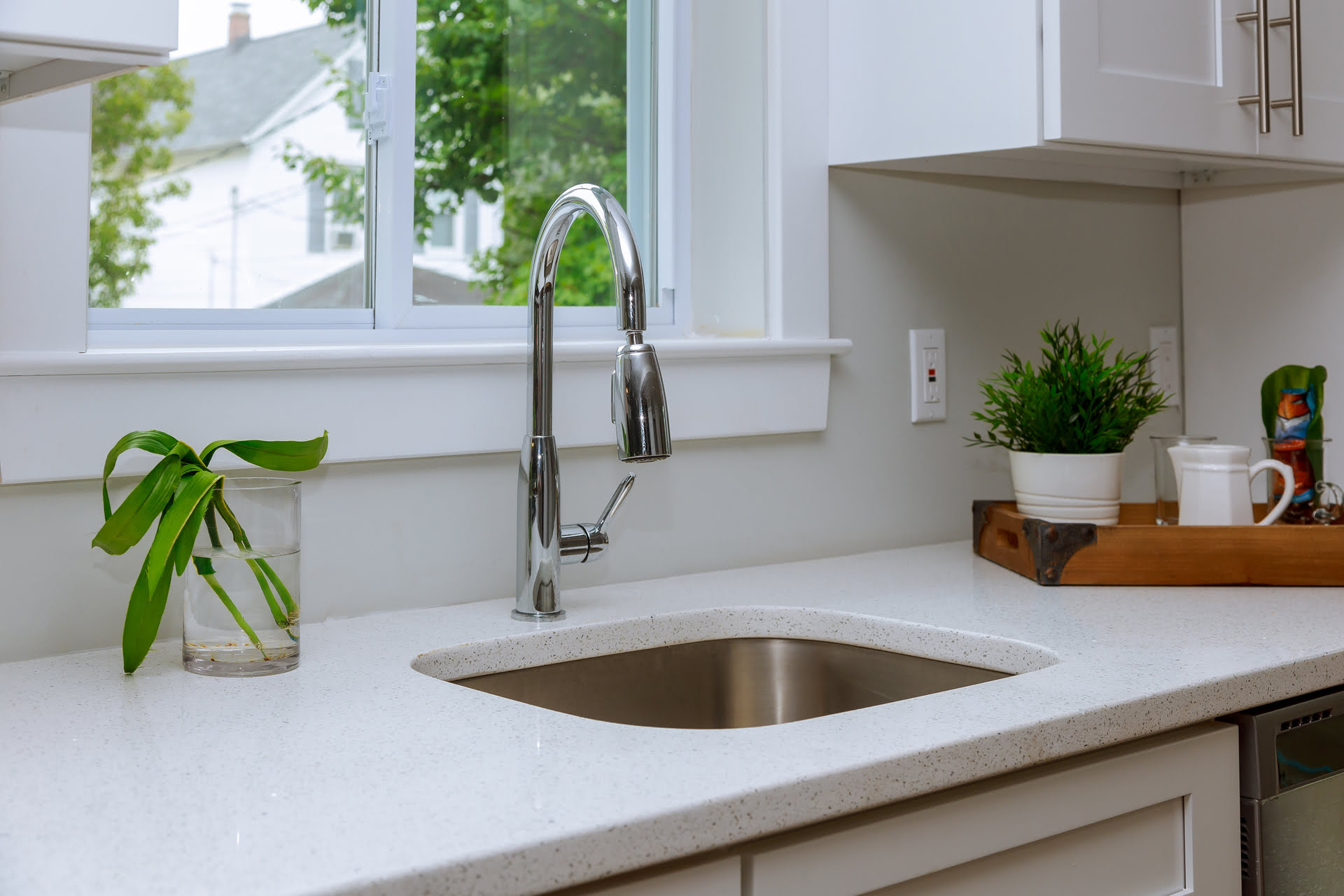

0 thoughts on “Why Does My Toilet Smell Like Urine Even After I Clean It”